The Pros and Cons of Solar Energy: A Balanced View
Switching to solar power is a big decision, so it’s important to know the pros and cons of solar energy before you invest. In this guide, you’ll learn the key benefits and potential drawbacks, so you can decide if solar is the right fit for your home and lifestyle.
Why Understanding the Pros and Cons of Solar Energy Matters
Every homeowner wants to save money and reduce their environmental impact. Solar panels can help you do both. But they also come with upfront costs and practical considerations that can’t be ignored. By knowing the pros and cons of solar energy, you’ll be prepared to make the best decision for your situation.
The Pros of Solar Energy
✅ 1. Solar Energy Is Renewable and Clean
One of the biggest pros of solar energy is that it’s a clean, renewable source of power. The sun provides more energy in an hour than the entire world uses in a year. Unlike fossil fuels, solar doesn’t emit harmful greenhouse gases during operation.
✅ 2. It Helps Lower Electricity Bills
Another major advantage of solar energy is that it can reduce your monthly electricity bills. Depending on your system size and local energy rates, you may save thousands over the life of your system. Some homeowners even generate surplus electricity and get credit for feeding it back into the grid.
✅ 3. Minimal Maintenance
Modern solar panels are designed to last 25 years or more. They require little upkeep — mostly occasional cleaning and inspections to ensure they’re operating efficiently. This makes solar a hassle-free solution once installed.
✅ 4. Solar Increases Home Value
Homes with solar panels are often more attractive to buyers. Many homeowners recoup a portion of their investment through a higher resale value when they sell their home.
✅ 5. Government Incentives and Tax Credits
Many countries and states offer tax credits, rebates, and incentives for solar installations. These programs help reduce the initial investment and shorten the payback period.
The Cons of Solar Energy
❌ 1. High Upfront Cost
One of the main disadvantages of solar energy is the upfront price tag. A complete system, including installation and batteries, can cost thousands of dollars. Although costs have dropped significantly, it’s still a major investment.
❌ 2. Weather Dependence
Solar panels depend on sunlight. On cloudy days, rainy seasons, or in regions with less sun, energy production drops. While you’ll still generate some power, you may rely more on the grid during bad weather.
❌ 3. Energy Storage Costs Extra
If you want to store excess energy for nighttime or cloudy days, you’ll need batteries. Solar batteries can add significant cost to your system and may need replacement after a certain number of cycles.
❌ 4. Space Requirements
Not every home has enough roof space or a suitable angle for efficient solar panels. Shaded roofs or structural limitations can affect your system’s output.
❌ 5. It’s Not Always a Perfect Fit
Solar isn’t a one-size-fits-all solution. For some homes, the payback period can be longer than expected, especially if local energy rates are low.
Questions to Ask Before You Install Solar Panels
Q1: Is my roof suitable for solar panels?
Your roof should have enough sun exposure, the right angle, and no major shading from trees or buildings.
Q2: How long will I stay in my home?
If you plan to move in a few years, you might not see the full return on investment.
Q3: Are there local incentives I can use?
Check if your city or state offers rebates, tax credits, or net metering programs to offset your upfront costs.
Q4: Should I install batteries?
Batteries can help you store excess power, but they add to your costs. Weigh the pros and cons based on your budget and needs.
Q5: Who should install my solar system?
Always work with certified, reputable installers. A professional will ensure your system is safe, efficient, and eligible for incentives.
Tips to Maximize the Pros of Solar Energy
✅ Combine Solar with Energy Efficiency:
Use energy-efficient appliances and lighting to get the most out of your system.
✅ Monitor Your System Regularly:
Track your production to catch any drop in performance early.
✅ Keep Panels Clean:
Dust, debris, and snow can reduce efficiency. Periodic cleaning helps maintain optimal output.
✅ Understand Local Policies:
Know your utility’s net metering rules and any fees that may apply.
Conclusion: Weighing the Pros and Cons of Solar Energy
The pros and cons of solar energy depend on your home, location, and budget. Solar is an excellent option for many homeowners, offering long-term savings and a cleaner footprint. But it’s not for everyone. By carefully weighing the advantages and disadvantages, you’ll make the best choice for your situation.
FAQs About the Pros and Cons of Solar Energy
Does solar energy really save you money?
Yes — most homeowners save money over time, but the exact savings depend on system size, local energy rates, and incentives.
What happens if I produce more solar power than I use?
In many places, you can sell excess electricity back to the grid through net metering, lowering your bills even more.
How long does it take to break even?
The average payback period is 6–10 years, depending on installation costs, incentives, and your energy usage.
Can I run my home on solar power alone?
If you have enough panels and battery storage, it’s possible. Most homes remain connected to the grid for backup power.
✅ Key Takeaway
Knowing the pros and cons of solar energy helps you make an informed, confident decision. Solar can be a smart step toward energy independence — just be sure it works for your needs and budget.
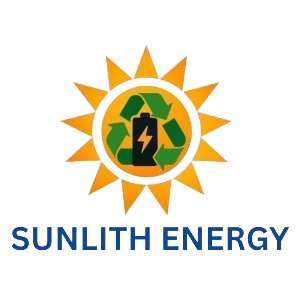

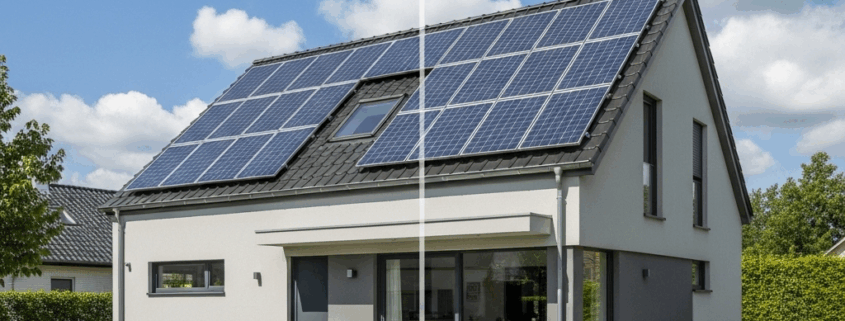
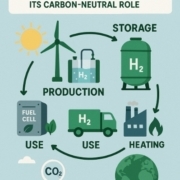
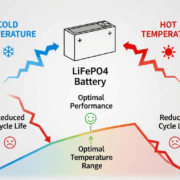
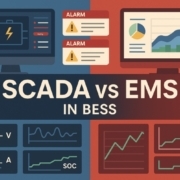
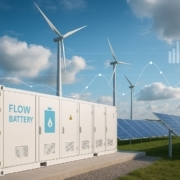

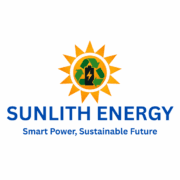
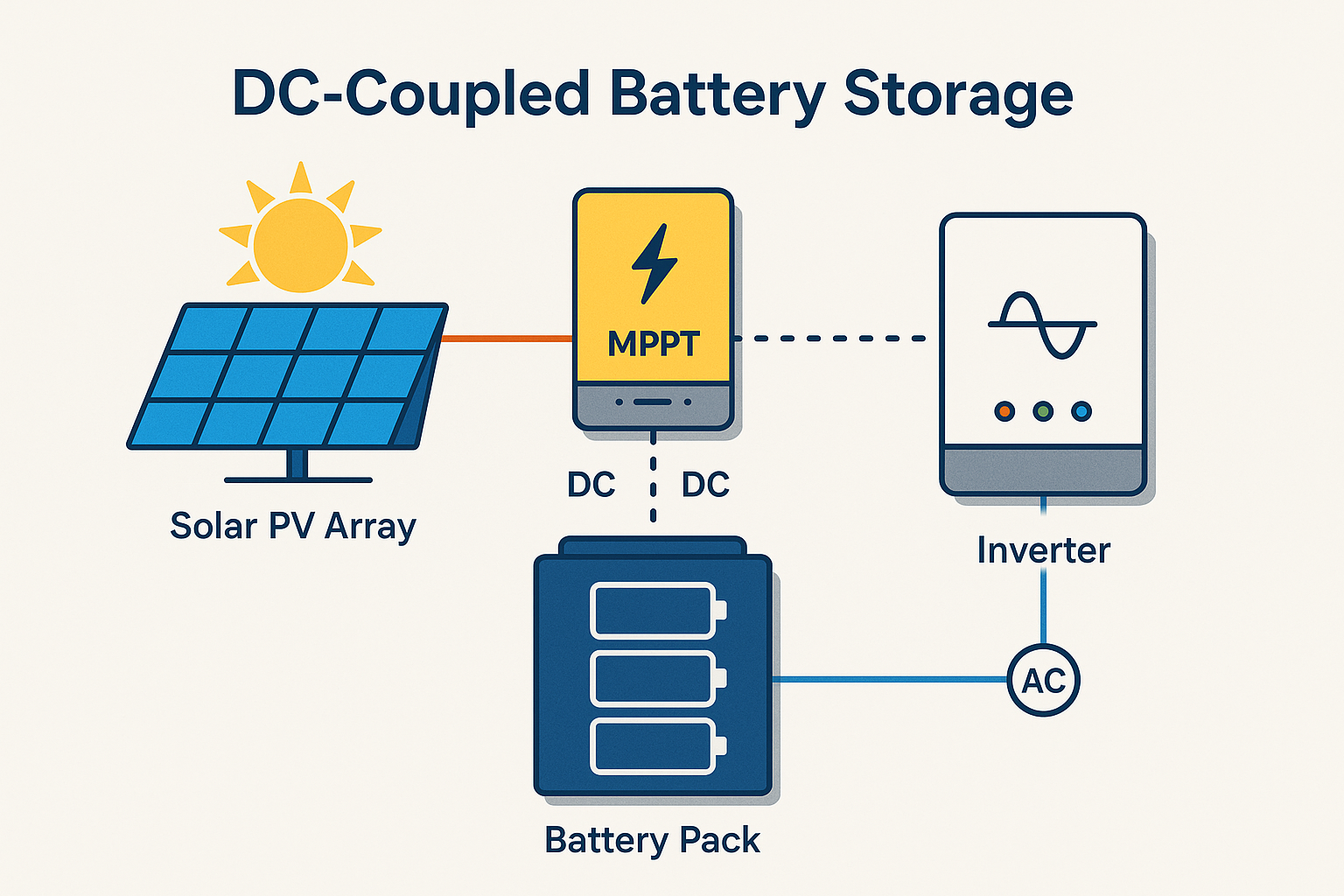
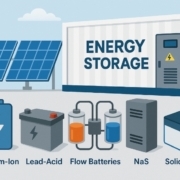


Trackbacks & Pingbacks
[…] Solar energy […]
[…] When people talk about clean energy, green hydrogen often comes up. But what is green hydrogen? Simply put, it’s hydrogen made using clean, renewable energy — no pollution, no carbon emissions. In this post, you’ll learn how green hydrogen is produced, how it’s stored, and why it’s so important for a carbon-neutral future. […]
Leave a Reply
Want to join the discussion?Feel free to contribute!